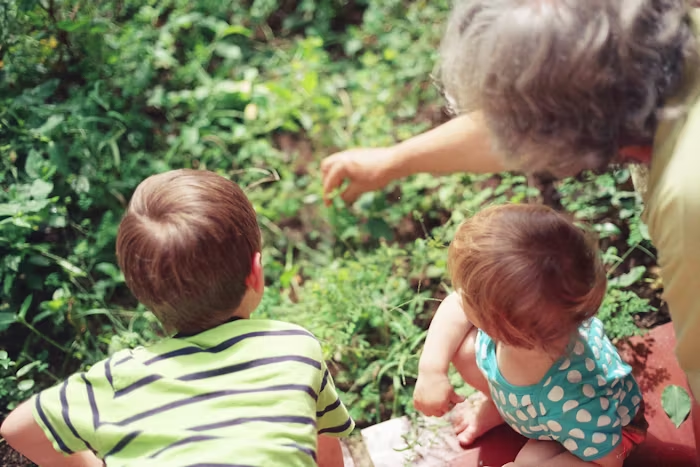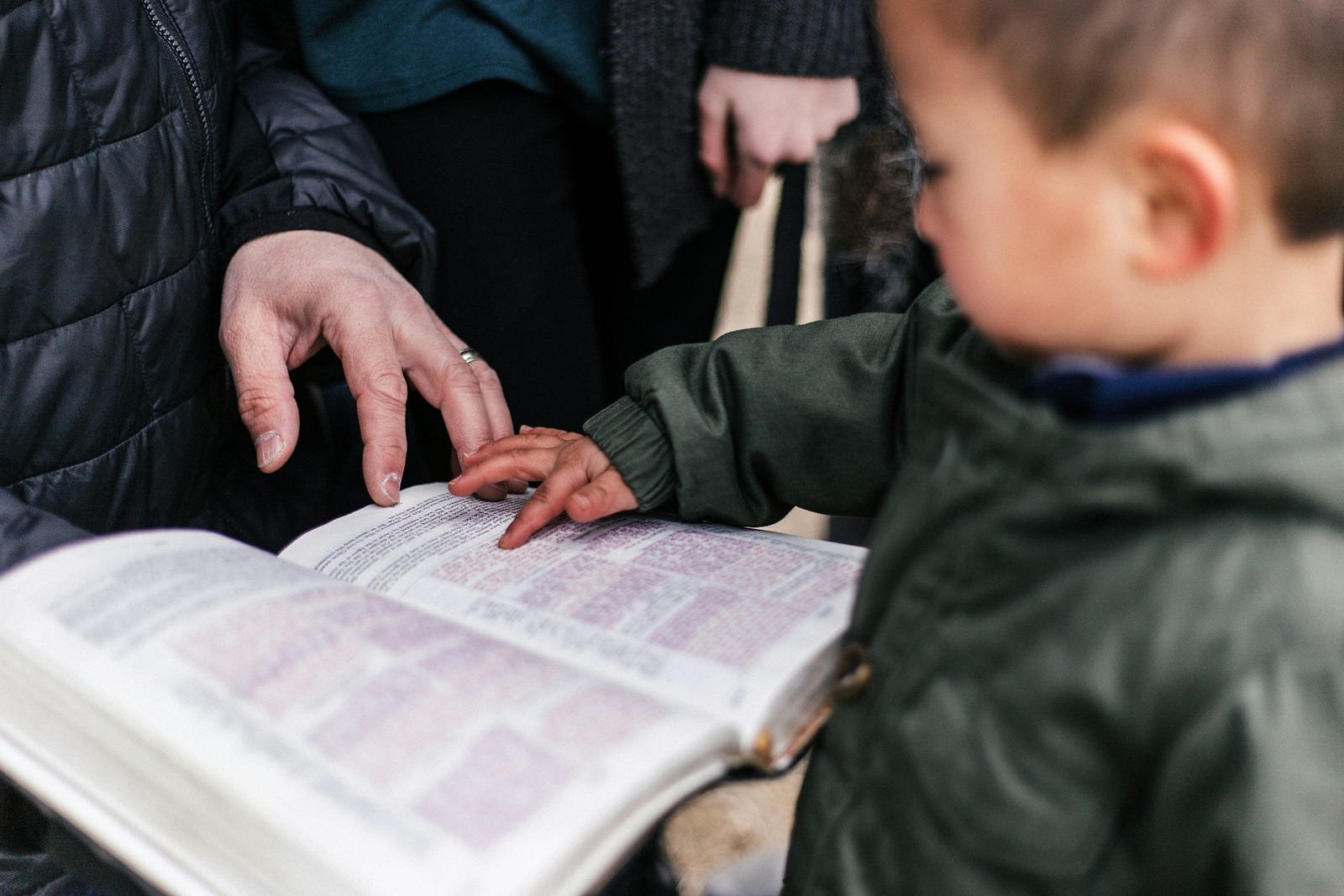In the whirlwind of adult life — filled with careers, responsibilities, and ever-changing priorities — building and maintaining strong friendships can feel like an uphill battle. Unlike the natural ease of schoolyard bonds, adult friendships require intentionality, vulnerability, and time. But the rewards? Deep, enriching relationships that uplift your mental health, offer emotional support, and create a sense of belonging.
Whether you’ve recently moved to a new city, outgrown old circles, or simply want to deepen existing connections, it’s never too late to form lasting friendships. In this guide, we’ll explore why adult friendships matter, common obstacles, and actionable strategies to build strong bonds that stand the test of time.

Why Strong Friendships in Adulthood Matter
As we grow older, we tend to rely on a smaller circle of meaningful connections. Unlike the broader social networks of our youth, adult friendships are more about depth than quantity. Studies consistently show that adults with strong social ties are:
- Less likely to suffer from depression and anxiety
- More resilient during times of stress or grief
- Physically healthier with lower risk of chronic disease
- Likely to live longer and report higher life satisfaction
Friendships in adulthood serve as emotional anchors. They are mirrors that reflect who we are, offer perspective when we lose our way, and provide companionship in life’s quiet and chaotic moments.
Why Is It So Hard to Make Friends as an Adult?
Before diving into how to build friendships, it’s important to understand why it can feel difficult:
- Time constraints: Balancing work, family, and personal goals can leave little room for socializing.
- Fear of vulnerability: Opening up and trusting someone new can feel risky, especially if you’ve been hurt in the past.
- Social fragmentation: People move frequently, switch jobs, or live in different life stages, which can make alignment difficult.
- Outdated social circles: Some friendships fade over time and don’t evolve with personal growth, leading to disconnection.
Recognizing these challenges is key. They’re not personal failings, but common adult experiences that can be overcome with the right mindset.
Step 1: Shift Your Mindset About Making Friends
The first step in building strong friendships as an adult is reframing how you view friendship. It’s not just about finding people with shared interests — it’s about cultivating emotional intimacy over time. Great friendships don’t always start with instant chemistry; often, they grow from consistency and shared experiences.
Remind yourself:
- It’s normal for friendship to require effort.
- Rejection is not a reflection of your worth.
- You’re not alone — many adults are also seeking deeper connections.
When you view friendship as a practice rather than a perfect match, it becomes more approachable.
Step 2: Be Intentional About Meeting New People
Friendship rarely develops without some initiative. You don’t have to attend every social event, but you do need to place yourself in environments where connection is possible.
Ideas include:
- Join a local class (yoga, cooking, art, language)
- Attend professional networking groups or meetups
- Volunteer for a cause you care about
- Use friend-making apps or platforms designed for adults
- Join a book club, hiking group, or co-working space
Consistency matters. Seeing the same faces repeatedly builds familiarity and lowers social barriers.
Step 3: Practice Being Vulnerable and Curious
Surface-level small talk won’t get you very far if you’re seeking meaningful friendships. That’s why emotional vulnerability is key.
Try these approaches:
- Ask deeper questions: “What’s something you’ve learned about yourself recently?”
- Share a personal story to invite reciprocity
- Express genuine appreciation when you enjoy someone’s company
Curiosity is powerful too. When you listen intently and show interest, people feel seen — and that’s the foundation of connection.
Step 4: Follow Up and Nurture the Connection
Building a friendship is like planting a seed: it needs sunlight, water, and time to grow. This means following up matters just as much as the first interaction.
- Text or call periodically to check in
- Invite them to coffee, a walk, or a small gathering
- Share content that reminded you of them
- Show up when it counts — birthdays, hard times, major milestones
Friendship isn’t built on grand gestures but on reliable presence over time.
Step 5: Be the Friend You Want to Have
Ask yourself: Am I a good friend? Do I listen without judgment? Do I show up, stay consistent, and give without keeping score?
Being a great friend attracts other great people. Here are a few principles to practice:
- Respect boundaries and personal time
- Celebrate their successes without comparison
- Offer support without always needing to fix things
- Be honest, especially when it’s difficult
Your friendships will naturally reflect the energy and integrity you bring into them.
Step 6: Let Go of One-Sided or Draining Friendships
Not all friendships are meant to last forever. Some may fade naturally. Others may become toxic, imbalanced, or emotionally exhausting. Part of building strong friendships is also knowing when to let go.
Signs it may be time to move on:
- The relationship feels one-sided
- You leave interactions feeling worse, not better
- There’s repeated disrespect or lack of reciprocity
- Growth is stunted because of the dynamic
LettinYou can create strong bonds that deeply enrich your life by approaching relationships with intention, empathy, and courageg go opens space for relationships that nourish your spirit and align with who you are becoming.
Step 7: Stay Patient and Keep Showing Up
Real friendships take time. Don’t be discouraged if not every interaction leads to a deep connection. Some people may become close friends, while others may stay acquaintances. Both have value.
Friendship is a journey, not a race. Keep putting yourself out there. Keep showing up. Over time, the right people will meet you with the same openness and consistency.
The Takeaway: Connection Is Still Possible at Any Age
Friendship in adulthood may not come as easily as it did in your younger years — but that doesn’t make it any less possible or meaningful. By approaching relationships with intention, empathy, and courage, you can create strong bonds that deeply enrich your life.
The world is full of people who, like you, are seeking connection. Sometimes, all it takes is the first hello — or the courage to ask someone to coffee — for everything to change.
You’re never too old, too busy, or too late to build the kind of friendships that matter.










